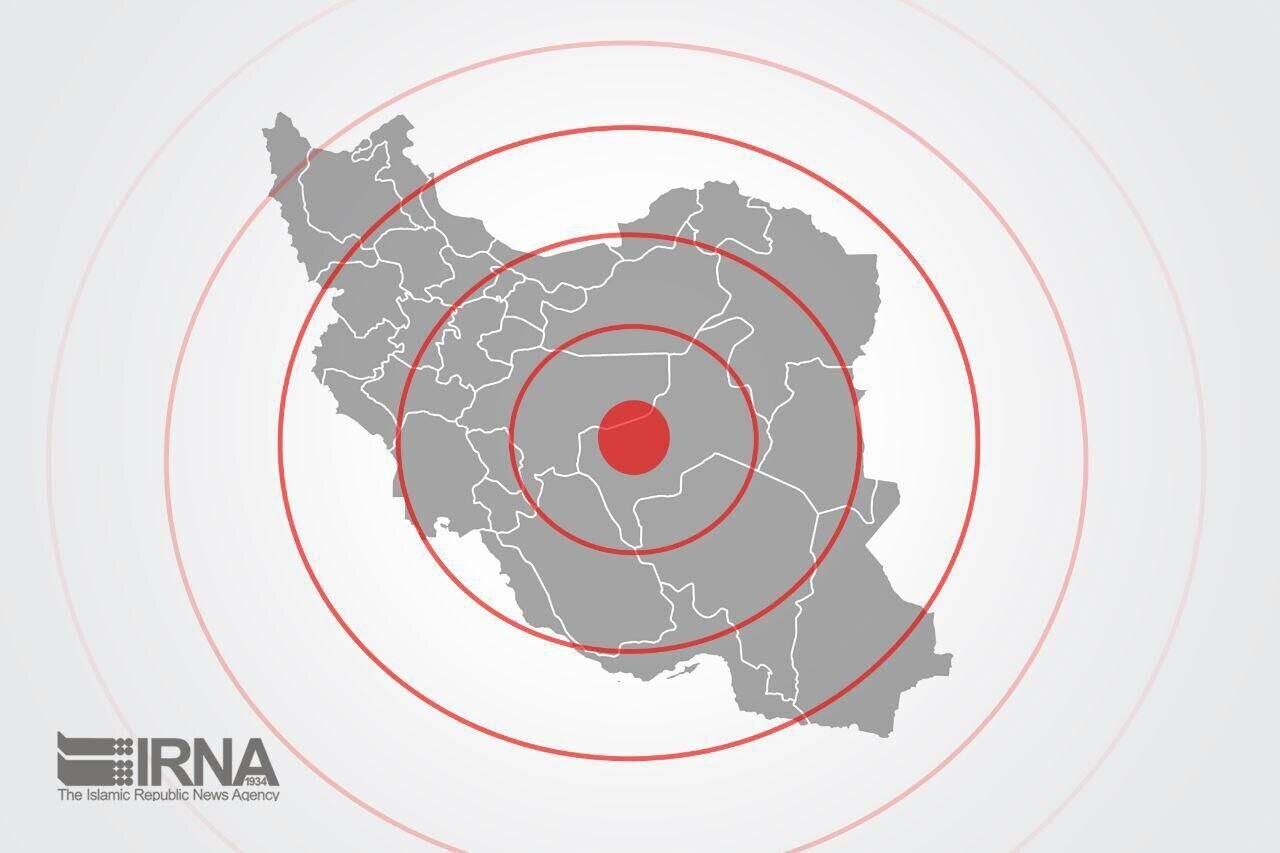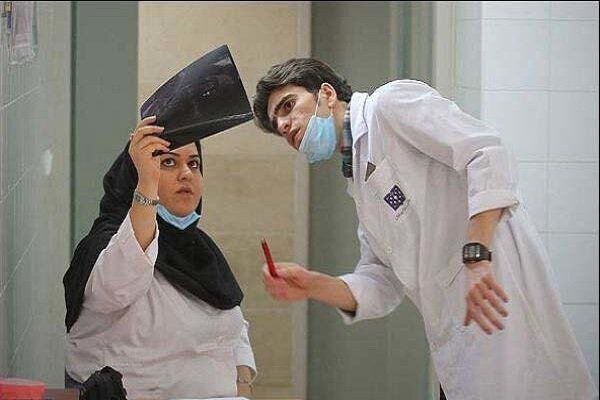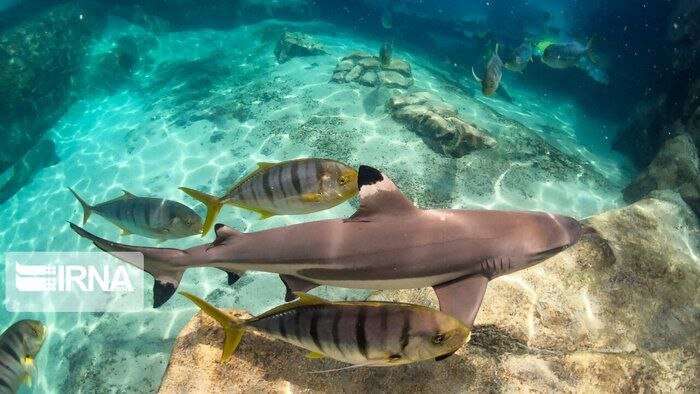
Similar Posts

Staggering Statistics: Parkinson’s Disease Rates in Iran Soar 40% Above Global Average, Warns Expert
Parkinson’s disease, a serious neurodegenerative condition, is increasingly prevalent in Iran, with an incidence 40% higher than the global average. Over 250,000 Iranians are affected, facing debilitating symptoms such as tremors, stiffness, and balance issues. Currently, there is no cure, and treatments primarily alleviate movement symptoms, often costing over $300 monthly, which many cannot afford. The Parkinson’s Association plans to open a specialized clinic in Tehran and urges collaboration to improve living conditions for patients. As World Parkinson’s Day approaches, raising awareness and enhancing access to healthcare is vital for supporting those affected by this challenging disease.

64 Iranian Medical Universities Shine in 2025 Webometrics Global Rankings
In the January edition of the Webometrics world ranking, 64 Iranian medical universities were recognized, with the University of Tehran at 335 and Tehran University of Medical Sciences at 468 globally. Other notable institutions include Shahid Beheshti University (656) and Mashhad University (878). Webometrics, which evaluates nearly 32,000 universities, emphasizes open access and includes metrics like impact and research quality. Additionally, the Times Higher Education rankings acknowledged 81 Iranian universities across various disciplines, while the QS Asia University Rankings featured 32 Iranian institutions. Overall, Iranian universities are enhancing their global presence through academic excellence and research contributions.

National Crisis Unveiled: The Alarming Rise of Widespread Land Subsidence
Iran’s water supply is threatened by over-extraction of groundwater, leading to a crisis marked by severe land subsidence in Tehran, where some areas sink up to 31 cm annually. This phenomenon, exacerbated by climate change, population growth, and mismanagement, endangers infrastructure and historical sites. Currently, reservoirs supplying Tehran are critically low, with only 13% capacity reported. Experts suggest urgent measures like reducing water usage and recycling. President Masoud Pezeshkian has proposed relocating Iran’s political center due to these escalating challenges. Without reforms in water management, Tehran faces significant risks to its infrastructure and population well-being.

NIGEB and University of Peshawar Forge Strategic MOU to Enhance Scientific Collaboration
Iran’s National Institute of Genetic Engineering and Biotechnology (NIGEB) has signed a memorandum of understanding with Pakistan’s University of Peshawar to enhance scientific collaboration. The agreement focuses on exchanging professors and students and engaging in joint research projects. During a recent visit, University President Ali Muhammad praised NIGEB’s research achievements and proposed increased interactions to leverage NIGEB’s expertise in genetic engineering. NIGEB, established in 1989, aims to advance biological sciences and biotechnology while addressing national and regional needs. This partnership highlights the importance of international cooperation in tackling challenges in agriculture, health, and the environment, promising significant advancements for both countries.

Guarding Greenery: How Safeguarding Plants Saves Lives!
Plant health is crucial for food security, biodiversity, and environmental well-being. As primary producers, plants supply 80% of our food and 98% of our oxygen, highlighting their importance in sustaining life. However, neglect has led to significant plant extinction rates and crop losses due to pests, threatening global food systems. The overuse of pesticides exacerbates biodiversity loss and environmental pollution. To address these issues, the UN established May 12 as the International Day of Plant Health, urging collective action. Protecting plants promotes economic resilience, combats climate change, and supports clean water, making their health vital for a sustainable future.

DOE Unveils Strategic Action Plan to Protect Sharks and Rays: A Bold Step for Marine Conservation
The Iranian Department of Environment (DOE) is developing a national action plan to conserve sharks and rays, vital for marine biodiversity. This initiative addresses the alarming decline in these species, primarily due to overfishing, illegal fishing, late maturity, and low breeding rates. With over a third of cartilaginous fish on the IUCN Red List, the plan aims to identify threats, reduce conflicts, and promote preservation among local communities. The DOE has already conducted 48 workshops to enhance inter-agency cooperation. Additionally, conservation measures for 23 endangered species are underway, with plans for 20 more, highlighting Iran’s commitment to biodiversity preservation.